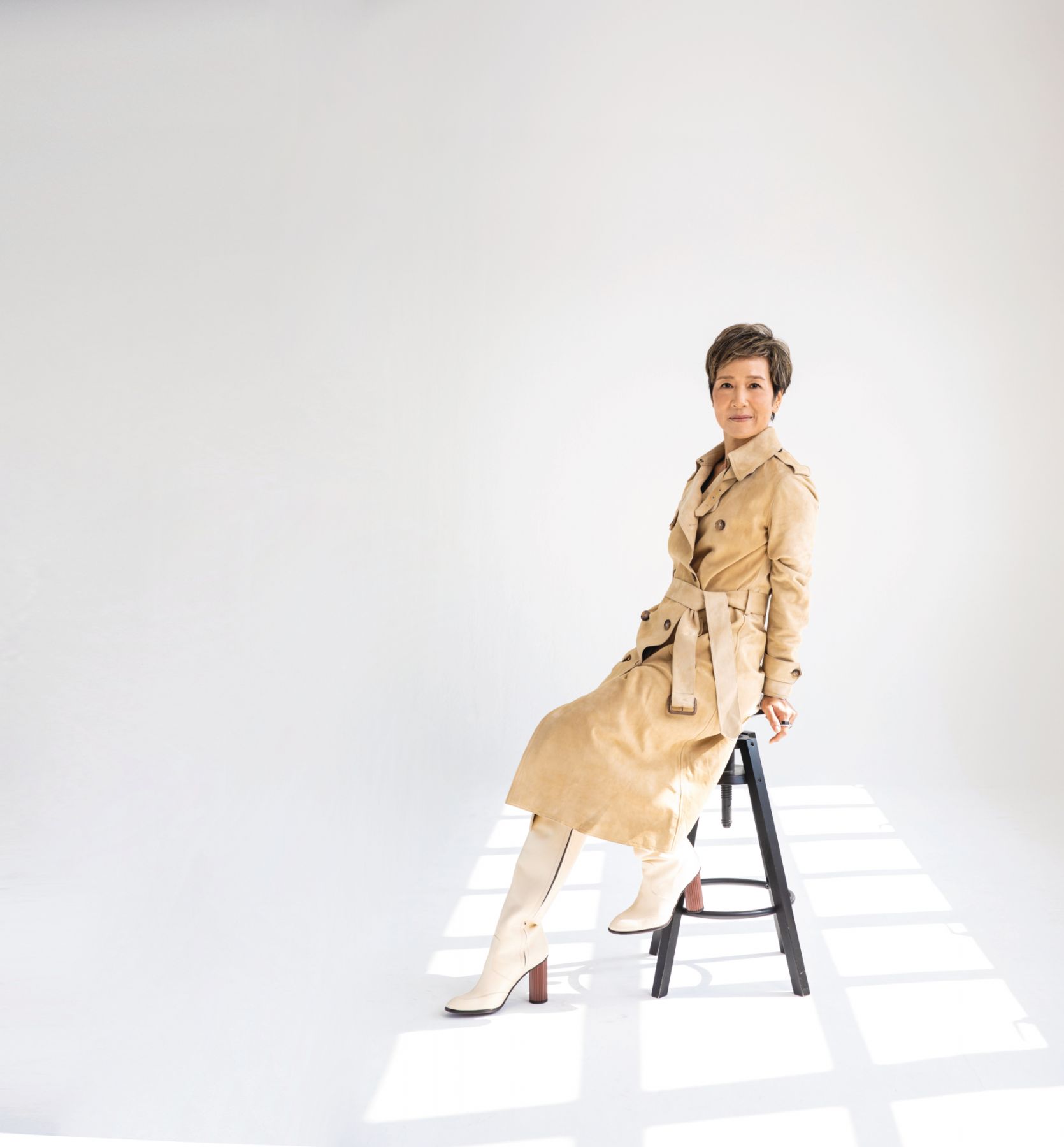Tatler+ HSBC Global Private Banking
Cynthia Lee and Ronna Chao discuss why trusted partnerships are key to shaping multi-generational goals
As many prominent families in the region seek to manage the transition of wealth, business and power to succeeding generations, there has been an extraordinary rise in the formation of single-family offices in Asia, with Hong Kong and Singapore proving the more popular jurisdictions.
“This is a blooming trend we’ve seen during the past few years,” says Cynthia Lee, regional head of wealth planning and advisory for Asia Pacific, Global Private Banking at HSBC. While some have been around for decades, HSBC Global Private Banking estimates that 44 per cent of Asia’s 1,300 family offices were set up in just the past two years. “Hong Kong as the core office and a satellite office in Singapore is a trending phenomenon, yet we are also seeing similar set ups in London and New York,” says Lee.
The growth in family office establishments in the region is thanks in part to government incentives. Singapore is heavily promoting its tax incentives available to families in this regard, says Lee, and Hong Kong has been quick to follow suit with the introduction of several initiatives.
In the 2021-22 budget, Hong Kong’s financial secretary undertook to review tax arrangements for family offices, while in June 2021 InvestHK set up a dedicated team to promote Hong Kong as a hub for family offices.
Hong Kong’s potential as a family office hub is promising, with more than 10,000 ultra-high-net-worth (UHNW) families in the rest of the Greater Bay Area.
Lee highlights the importance of family offices in Hong Kong and Singapore serving as hubs within the region. “There is a need for UHNW families to be able to institutionalise themselves and have a way to not just organise their collective financial affairs, and to further foster families’ philanthropic agendas and family governance agendas, amongst others,” she explains.

Family Offices
Novel Investment Partners is a family office that was established in Hong Kong almost two decades ago. Ronna Chao is the company’s chief executive, and together with a team of professionals, has been instrumental in setting its strategy for asset management and growth. Chao is also the chairperson of Novetex, the family’s textile business.
By the 1990s, the operational side of the textile business for the Chaos was self-sufficient in terms of funding and even investing in growth, which meant that cash was accumulating in the bank at a time when deposit rates were not very attractive.
“There was a conscious effort among the shareholders to have a more structured and systematic way of managing our cash,” says Chao. “We started from an investment angle.”
The family started out making sizable commitments to a small number of private equity and hedge funds firms, and as the operation matured, it developed a more diversified portfolio that focused on different strategies, sectors and investment horizons.
Today, the family’s portfolios ranges in strategy from buy-out to seed-stage to ESG investing, and covers a broad range of geographies and sectors.
“We’ve grown as we’ve gone along,” says Chao. “We really look at our family office operation as a business now, instead of just trying to find things that would improve our returns.”
The key to building a successful family office, according to Chao, is to start out with a clear goal. “Your goals can evolve, but it’s important that you define them from the outset. Over time you figure out your own strengths, see where the gaps are, and find people to help you fill those gaps.”
Increased Accountability and Transparency
“A family office is a good way for families to have participation and visibility into how collective decisions are being made,” says Lee. “It puts in place checks and balances, and provides a family governance framework and structure for interacting with all relevant stakeholders.”
Meeting that growth potential can present challenges. With so many family offices being set up in the region, it can be difficult for newcomers to hire experienced personnel. Even for established offices, retaining staff can be an issue.
The pandemic has also expedited digitisation across the board for all businesses worldwide—including family offices—many of which have embraced digitisation to aid communication, facilitate day to day dealings and engagements with various providers and to achieve better staff efficiency.
“As with any business, the more you digitise, the greater the cybersecurity risk becomes,” says Lee. “And because they handle confidential, sensitive information, they need to have the right systems, protections and usage policies, amongst others, in place.”
Despite the challenges they face, family offices are an ideal vehicle to aid the organisation and management of private wealth, to facilitate succession and legacy planning, and to allow the continual pursuit of families’ philanthropic ventures.

